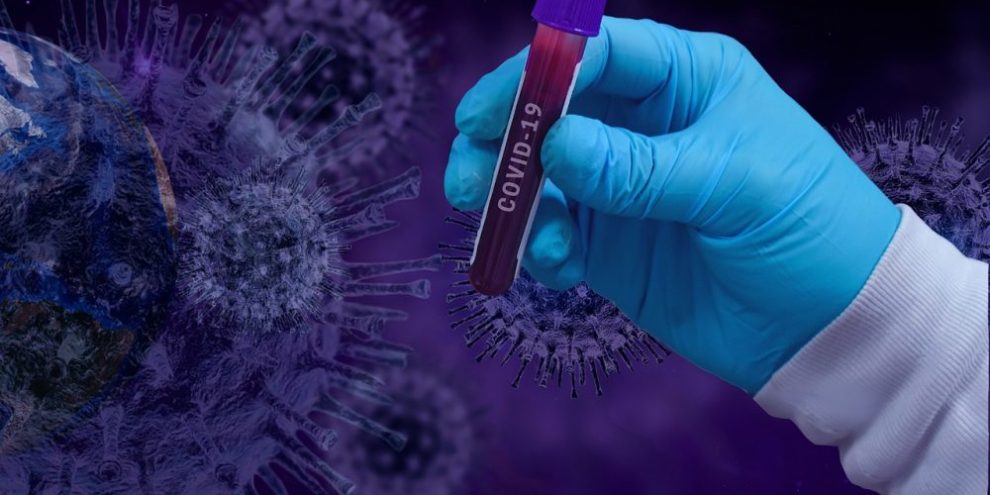
Release - Simcoe Muskoka District Health Unit
The Simcoe Muskoka District Health Unit (SMDHU) is reporting an increase in the rate of COVID-19 transmission and the beginning of a seventh wave in Simcoe Muskoka as demonstrated by rising case counts, active outbreaks, hospitalizations and deaths, and through wastewater signals in some communities. The wave is being driven by the Omicron BA.5 subvariant, which is more transmissible than its BA.2 counterpart and is now the dominant strain in Ontario. Being previously infected by other COVID-19 strains unfortunately does not afford lasting protection against the BA.5 variant.
While the number of COVID-19 cases had been in decline during the spring, weekly case counts have increased by 46 per cent with 330 new cases being reported for the week of July 3 compared to 225 new cases reported for the week of June 26. This trend is being seen across the province, with Ontario seeing a 21 per cent increase in weekly case counts for the week of June 26 compared to the previous week.
“The new BA.5 subvariant is highly transmissible and is spreading within our community,” said Dr. Charles Gardner, SMDHU’s medical officer of health. “Although BA.5 has similar severity to previous Omicron subvariants, we are seeing cases where people who have been infected with COVID-19 in the past few months are being reinfected with this new variant. This means that even if you have recently had COVID, it is important to be fully up-to-date on all recommended vaccines for the best protection against getting infected again and severe infection.”
In addition to staying up to date with vaccination and booster doses, the health unit continues to strongly recommend that people take precautions to protect themselves and those around them from COVID-19, particularly those who are most vulnerable. Precautions include choosing activities outside versus inside if possible, wearing a mask in indoor public settings, limiting your number of close contacts, physically distancing from people outside your household, ensuring good ventilation or spending time and socializing outdoors, and practising proper hand hygiene. If you are feeling unwell, stay home and get tested if you have access to either rapid antigen tests or are eligible for PCR testing. These steps are simple yet crucial ways to help reduce the spread of the disease.
Anyone who has not yet received their COVID-19 vaccination or booster doses is encouraged to do so as soon as they are eligible. Information about eligibility and clinic locations is available at smdhu.org/GetVaccinated.
People who are experiencing symptoms and are at higher risk of severe COVID-19 may be eligible for treatment. Antiviral treatment with Paxlovid can help to reduce hospitalizations, protect hospital capacity and protect patients at higher risk of severe health outcomes, but must be taken during the first five to seven days of symptoms. To find out if you are eligible and should be assessed for treatment, use Ontario’s online antiviral screener tool. If required, an assessment can be done at a clinical assessment centre or by contacting your health care provider. Individuals with certain health conditions that make them higher risk and may need additional protection should contact their treating specialist for further assessment.
To learn more about COVID-19 and where to get a vaccination, visit smdhu.org/COVID19.
banner image: Pixabay





